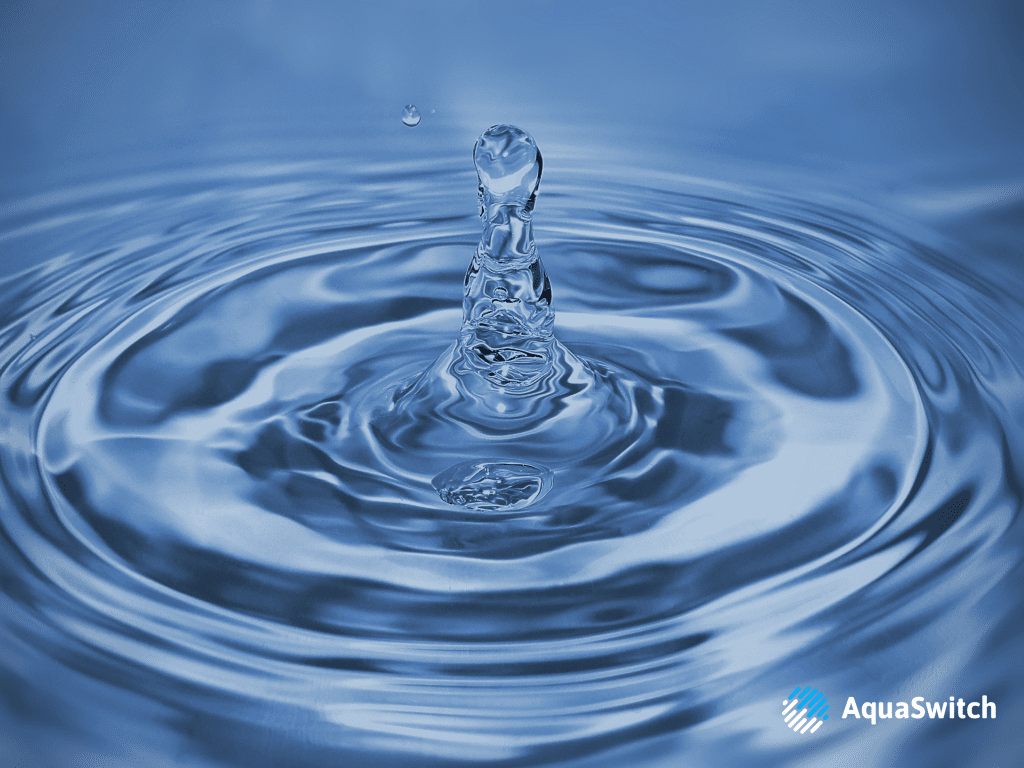
Reducing water consumption is not just a responsibility for individuals and households but also for companies.
In the UK, businesses account for a significant amount of water usage, particularly in the agriculture and food production industries.
With water scarcity being an increasingly pressing global issue, businesses have a critical role in reducing their water footprint. Reducing water consumption can create a sustainable future and save costs in the long run.
Reducing water consumption can be achieved through various measures, including water audits, installing water-efficient fixtures, employee education and adopting sustainable water practices.
By implementing these measures, businesses can significantly reduce their business water rates and contribute to a more sustainable future.
In this blog, we’ll explore some of the most effective ways for businesses in the UK to reduce their water consumption. We’ll provide expert insights and practical tips on conducting water audits, fixing leaks, installing water-efficient fixtures, recycling and reusing water, and educating employees on sustainable water practices.
Top tips to reduce your business water bill
Here are our top tips to ensure you can reduce your water consumption as a business. By reducing your consumption, you’ll be able to reduce the cost of your annual water bill.
Conduct a water audit
The first step in reducing water consumption is identifying where and how much water is used in your business operations. Conducting a water audit can help you identify water consumption patterns and detect leaks and inefficient water usage.
Fix leaks
Leaking taps, pipes, and other water fixtures can cause significant water waste. A dripping tap, for instance, can waste up to 15 litres of water per day.
Regular maintenance and repair can prevent water wastage and reduce your water bills.
Install water-efficient fixtures
Upgrading to water-efficient fixtures such as low-flow taps, showerheads, and toilets can significantly reduce water consumption without affecting day-to-day use. These fixtures can save up to 60 per cent of water usage.
Recycle and reuse water
Recycling water can significantly reduce your water bills and help the environment. You can collect rainwater to irrigate your garden or install a wastewater treatment system to recycle greywater for non-potable uses like toilet flushing or cleaning.
Educate employees
Educating your employees on the importance of water conservation and providing them with practical tips on water-saving can go a long way in reducing water consumption. Encourage employees to report any water leaks or inefficiencies and provide incentives for water-saving initiatives.
Compare business water suppliers
Compare business water suppliers. Comparing business water suppliers can help you identify your area’s most affordable and sustainable water supplier. It can also help you find suppliers that provide additional water-saving advice and support to businesses in reducing their water usage.
Businesses can reduce their water consumption by conducting a water audit, fixing leaks, installing water-efficient fixtures, recycling and reusing water, educating employees and comparing business water suppliers.
By implementing these measures, businesses can reduce their water bills and contribute to the environment to create a sustainable future.









